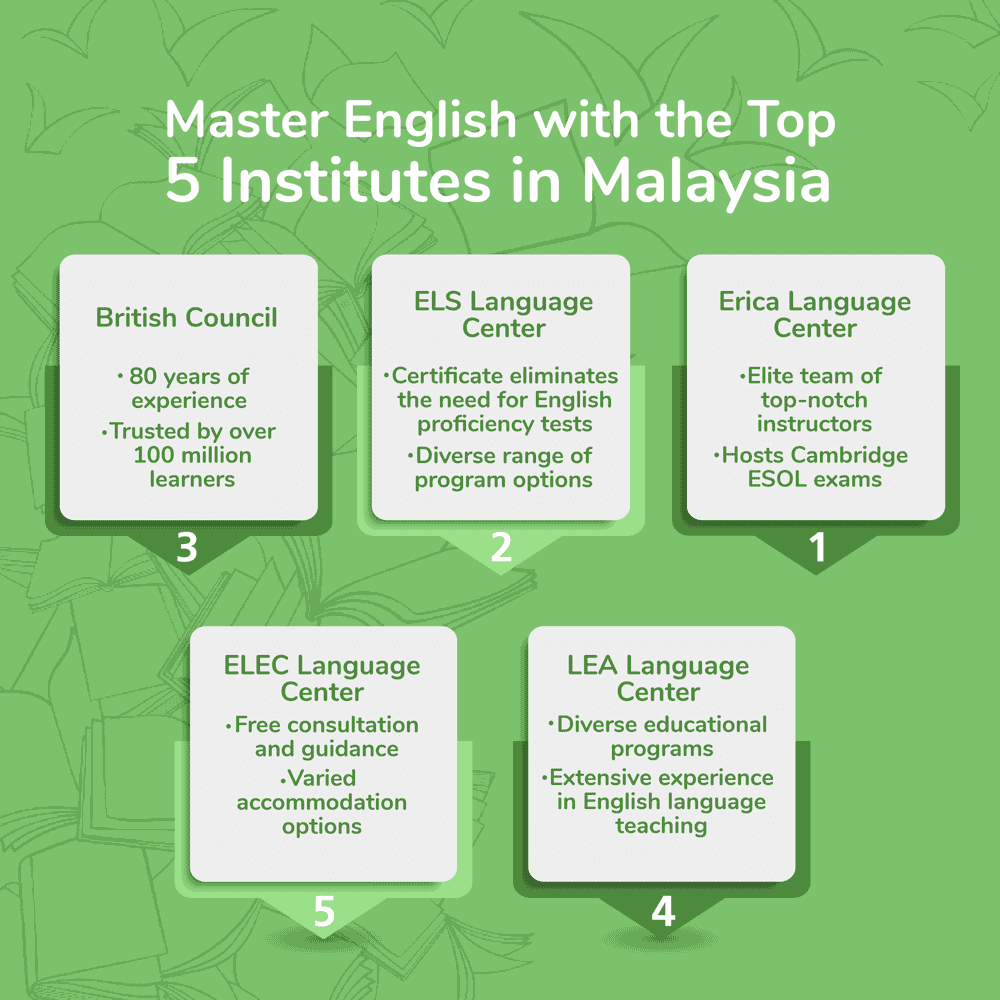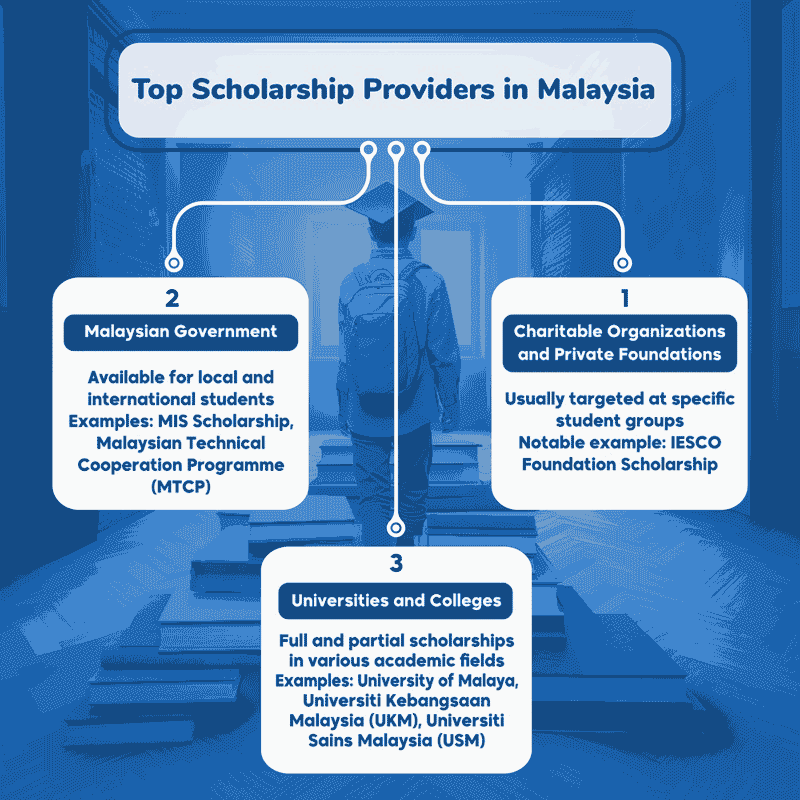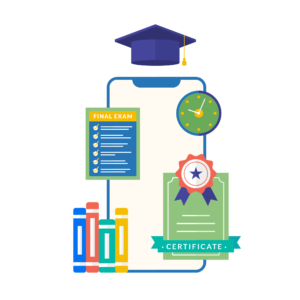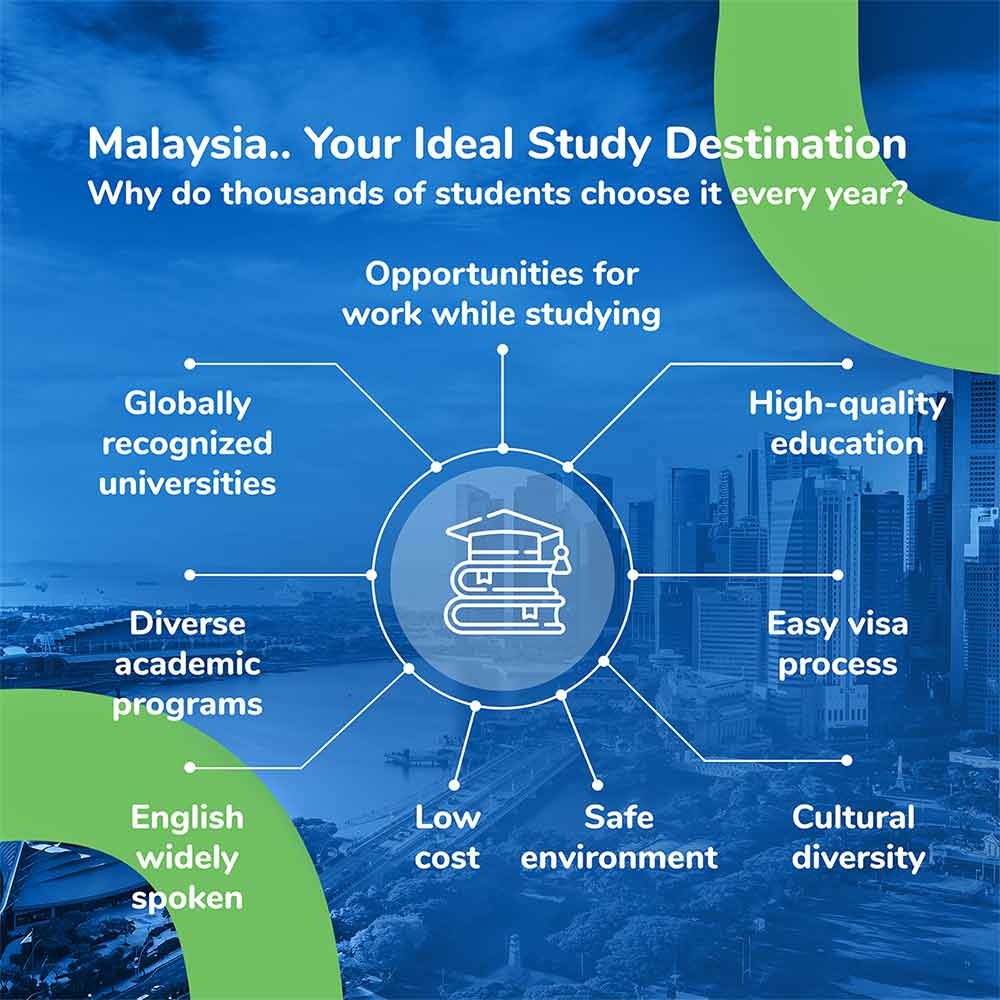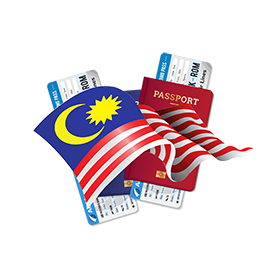Top 7 IIUM scholarships In 2024 [Local & International]
Have you ever dreamed of furthering your education at one of the world’s leading Islamic universities, but worried that the cost might be out of reach? Scholarships are a cornerstone of IIUM’s mission, recognizing the immense value of international students in Malaysia and their perspectives. Recognizing that financial constraints can impede a student’s academic journey, IIUM prioritizes making education accessible through a robust system of scholarships and financial assistance programmes. In this guide we will discuss these IIUM scholarships in detail.
In previous guides, we covered the main scholarships in Malaysia, The IESCO scholarship, The MIS scholarship, and today is another guide you will love.
About IIUM
The International Islamic University Malaysia (IIUM) is a distinguished public university recognized for its integration of Islamic values and traditional knowledge with modern academic disciplines. Founded in 1983, IIUM enjoys a diverse international student body representing over 100 countries. Its main campus in Gombak, Selangor offers a picturesque setting with beautiful architecture nestled amongst lush greenery. The scholarships IIUM offers include:

1. IIUM UG Ummatic Scholarship for New Intake International Students
IIUM offers the prestigious IIUM Undergraduate Ummatic Scholarship, specifically designed to support high-achieving incoming international students. Recognizing both academic excellence and financial need. The scholarship aims to assist students from economically disadvantaged backgrounds and from countries facing difficulties, often with a focus on Muslim minorities.
The IIUM UG Ummatic Scholarship for new intake international students is primarily funded by the IIUM Endowment Fund (IEF), which was established to assist financially challenged and academically capable students.
The IEF fund relies on donations from individuals, companies, and organizations, engaging in various activities and business collaborations to raise the necessary funds.
Eligibility criteria
- Not Malaysian.
- Registered as a full-time undergraduate student.
- Not receiving any other scholarship.
- Needy students as identified by the university.
Benefits
The scholarship covers tuition fees, academic fees, hostel fees, monthly allowance, book allowance, laptop allowance, and insurance for international students.
Application Insights
Applicants are typically required to demonstrate their academic credentials and financial need. The selection process involves an application form that can be downloaded from the IIUM website, and candidates may need to attend an interview. The scholarship is offered on an annual basis, with specific dates for application submissions typically announced on the university’s website.
2. IIUM UG Ummatic Scholarship
The IIUM Undergraduate Ummatic Scholarship is designed to support academically outstanding students who are financially disadvantaged. This scholarship is integral to IIUM’s commitment to rewarding student achievement and fostering educational opportunities.
Who Can Apply?
- You must be a full-time undergraduate already into your second year or beyond at any of IIUM’s Kulliyyahs.
- Applicants should not have any other scholarship funding.
- Priority is given to students recognized as needy by university standards.
- Eligible students must hold a CGPA of at least 3.60, maintaining a minimum of 15 credit hours per semester. For students from Muslim minority countries, a CGPA of 3.00 is acceptable.
Exclusions:
- Students enrolled in specialised programs such as executive courses or others specified by the university.
- Applicants who are part of pre-sessional or bridging courses.
Application Insights:
Applications open at the start of each semester. Keep an eye on the official channels such as the IIUM Finance website and the Student Unit Facebook page for timely updates and application guidelines.
Scholarship Benefits:
- Full coverage of tuition and related academic fees.
- Hostel fee support.
- A monthly stipend of RM400.
- A semester book allowance of RM250.
- A one-time insurance benefit of RM400.

3. IIUM Academic Excellence Award For Under Graduates
The IIUM Academic Excellence Award celebrates the high academic achievements of its undergraduate students. This award is a mark of recognition for students who have shown exceptional academic performance at the International Islamic University Malaysia.
Eligibility Criteria
- Student Status: Must be registered as a full-time undergraduate student at IIUM.
- Academic Level: Eligible from the second semester onward at any Kulliyyah (faculty) level.
- Academic Requirements: Must have a CGPA of 3.80 or higher, with a minimum enrollment of 15 credit hours.
- Funding Status: Open only to self-sponsored students and those receiving loans.
Restrictions
- Program Limitations: Students enrolled in certain specified programs, such as executive courses, are not eligible.
- Course Phase: Students in pre-sessional or bridging programs are also ineligible.
Selection Process
The selection for the IIUM Academic Excellence Award is conducted at the start of every regular semester. The Finance Division announces the application opening through various channels including:
- Student and Scholarship Unit notice boards.
- The Student Unit Facebook page.
- The IIUM Finance Website.
- Notices across all Kulliyyahs.
Award Benefits
The primary benefit of this award is the exemption from tuition fees. It is important to note that the availability of this award depends on the funding available at each semester.
4. IIUM Malaysian Tuition Fee Rate Scholarship for Palestinian Students
The IIUM Malaysian Tuition Fee Rate Scholarship is specifically designed to provide financial assistance to Palestinian students, aimed at those residing in Gaza or any conflict area within Palestine. This scholarship is unique in that it allows Palestinian students to pay the same rate of tuition fees as Malaysian students, but it’s important to note that this rate is applicable for only one level of study at IIUM, whether it be for a Degree, Master’s, or PhD program.
Eligibility Criteria
- Student Status: Must be registered as a full-time student, either at the undergraduate or postgraduate level.
- Academic Level: Must be a first-semester student at any Kulliyyah level.
- Other Scholarships: Must not be receiving any other scholarship to qualify.
- Financial Need: Must be identified as needy by the university.
Exclusions
- Restricted Programs: Students enrolled in critical programs, including executive programs or others specified by IIUM, are not eligible.
- Educational Phase: Students in pre-sessional or bridging programs are also ineligible.
- One-time Benefit: This rate is only provided once to a Palestinian student during their time at IIUM, whether during an undergraduate or postgraduate program.
Benefits
- Tuition Fee Adjustment: Recipients of this scholarship pay tuition fees at the rate equivalent to that paid by Malaysian students, which is typically lower than the fees charged to international students. This reduction can significantly decrease the cost of higher education for Palestinian students.
- Broad Eligibility: The scholarship is available to both undergraduate and postgraduate Palestinian students, making it accessible across a wide range of academic disciplines and levels.
5. IIUM Sheikh Humaid Scholarship
The “Sheikh Humaid Scholarship” is named to honour Sheikh Humaid bin Rashid Al Nuaimi, the ruler of Ajman, one of the United Arab Emirates, who is known for his support of educational initiatives. This scholarship reflects his commitment to education and is aimed at attracting academically outstanding students from around the world to pursue advanced studies at the International Islamic University Malaysia (IIUM).
By naming the scholarship after Sheikh Humaid, IIUM highlights the importance of international collaboration and support in fostering academic excellence. This scholarship is organized and managed by the IIUM Endowment Fund (IEF).
Eligibility Criteria
For PhD and Master’s Students:
- Publications: Must have at least one publication in a reputable academic journal.
- Language Proficiency: Priority given to applicants with an IELTS score of 6.00 or a TOEFL score of 550.
- Country Representation: Only one student from each country is eligible at a time.
- Academic Status: Must be an offered and active student at IIUM.
- Program Restrictions: Not eligible for Executive programs.
- Academic Excellence: Must have excellent results from previous studies as recognized internationally or by the country of origin.
For Undergraduate Students:
- Academic Excellence: Must be top students from their previous academic institutions.
- Language Proficiency: Priority given to applicants with an IELTS score of 6.00 or a TOEFL score of 550.
- Country Representation: Only one student from each country is eligible at a time.
- Specific Requirements: European students must have results between 16 and 20 points; other students must have scored over 85 marks.
- CGPA Requirement: Must have a CGPA of 3.60.
- Academic Status: Must be an offered and active student at IIUM.
Selection Process
The scholarship is awarded annually and subject to renewal based on academic performance and adherence to program guidelines. Changes in program or accommodation must be approved by the Deputy Rector (Academic and Internationalization).
Benefits
Includes airfare, full tuition, a monthly maintenance allowance, annual book grants, health insurance, and setup and completion grants. Visa assistance is also provided, ensuring that international scholars have the support needed to study in Malaysia.
6. IIUM IIIT Financial Assistance Scholarship
The IIIT Financial Assistance program supports students who face financial difficulties, particularly those who have completed their studies but are unable to afford the fees required to release their academic certificates and officially graduate.
This can be a significant barrier for students needing to verify their educational qualifications to secure employment, especially when returning to their home countries.
Eligibility Criteria
Target Group:
- Graduated but Indebted Students: Assistance targets those who have completed their academic programs but are financially unable to clear their dues to collect their graduation certificates.
- Active Needy Students: It also aims to help current students who have shown initiative in paying their dues but need additional support to unblock their accounts for registration purposes.
Selection Process
- Assessment of Need: The selection is primarily based on an evaluation of the student’s family financial conditions and their efforts to pay their dues.
- Donor Decision: The final approval of financial assistance lies with the donors, who review the cases presented to determine eligibility based on the established criteria.
Benefits
- Shared Responsibility: The financial assistance is a joint effort, with 50% provided by IIIT and 50% by IIUM, up to a maximum cap of RM150,000.
- Limitation on Assistance: Any financial help provided under this program is capped at RM5,000 per student to ensure that the funds can be distributed to assist as many eligible students as possible.
7. IIUM Abusulayman International Student Fund (AISF)
The ABUSULAYMAN International Student Fund (AISF) at the International Islamic University Malaysia (IIUM) is a significant initiative designed to support international students, especially those from regions experiencing difficulties or belonging to Muslim minorities. The fund aims to facilitate their educational journey at IIUM by providing financial assistance under certain conditions.
Eligibility Criteria and Terms
- Open to All International Students: Must be a registered, full-time student at IIUM, not associated with affiliated organizations.
- Financial Need: Applicants must demonstrate financial need and not be sponsored by any other organization.
- Academic Performance: A minimum CGPA of 3.00 is required, though exceptions may be considered on a case-by-case basis.
- Priority Groups: Special consideration is given to students from troubled regions and Muslim minority communities, as well as those studying in the fields of Revealed Knowledge, Human, and Social Sciences.
- Participation and Compliance: Successful candidates are expected to actively participate in programs organized by the IIUM Endowment Fund (IEF) and adhere strictly to the university and IEF rules and regulations.
- Documentation: All submitted documents become the property of IEF, and applicants must agree to the use of their personal data in accordance with the Personal Data Protection Act 2010.
Selection Process
- Application Periods: AISF accepts applications twice annually, corresponding with Semester 1 and Semester 2.
- Notification: Eligible candidates will be informed about application windows through IIUM’s electronic and social media channels.
- Interviews and Evaluation: Candidates will undergo an interview, and their applications will be reviewed by a committee which receives detailed reports from the IEF.
Required Documents
Applicants need to submit:
- A completed application form available on the IIUM website.
- A passport-size photo.
- Copies of their international passport, matric card, and current semester’s course registration slip.
- Bank details and a recent statement (specific banks only).
- Latest income statement of their parents, spouse, or guardian.
- A recommendation letter, required only for PhD and Master’s applicants.
Financial Assistance Benefits
AISF provides stipends for a maximum of one academic year:
- Undergraduate students: RM 500 per month.
- Master’s students: RM 700 per month.
- PhD students: RM 1,000 per month.





